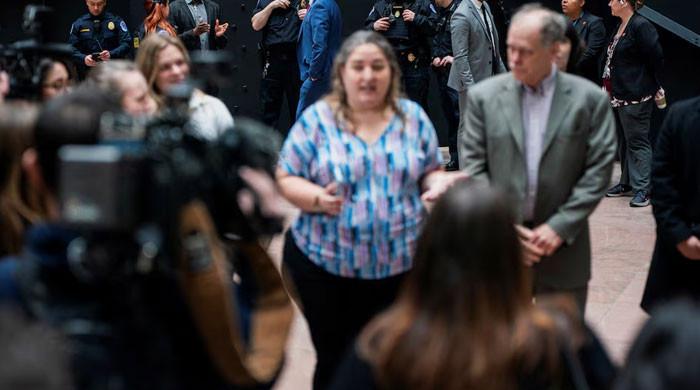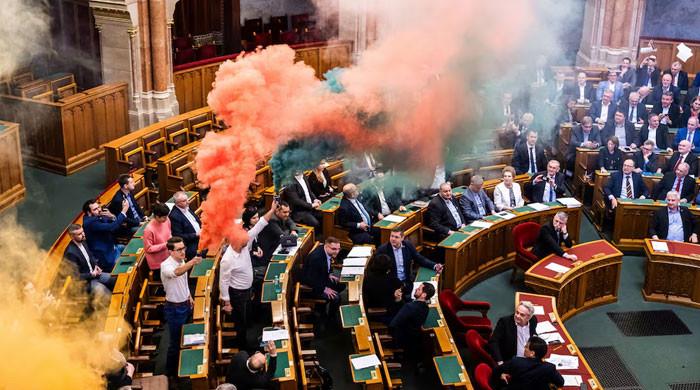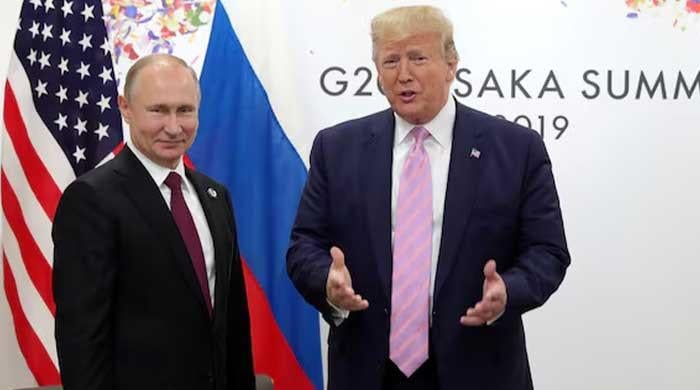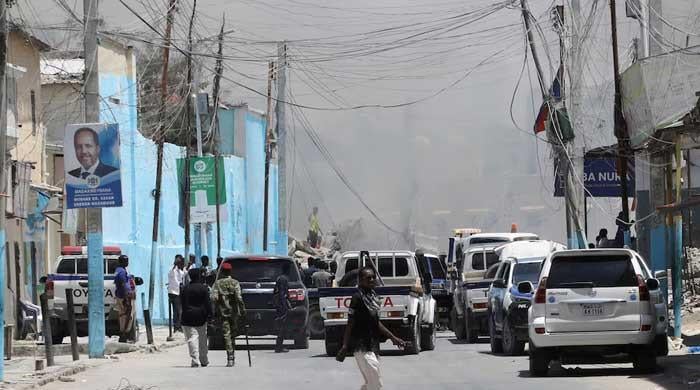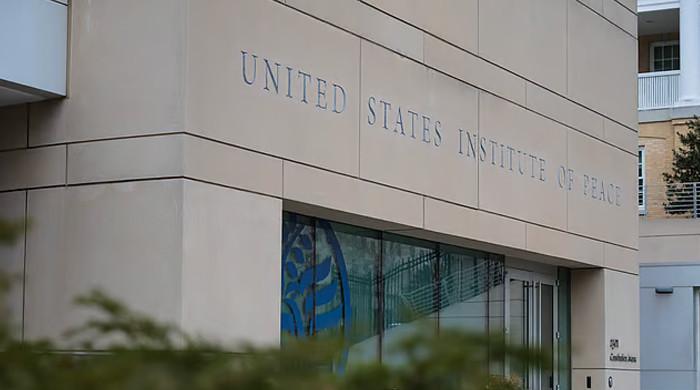2,838 Pakistanis given citizenships by Modi govt in last 6 years, claims Indian minister
Nirmala Sitharaman quotes the figures at an event organised by Indian government to gather support for its controversial citizenship law
January 19, 2020
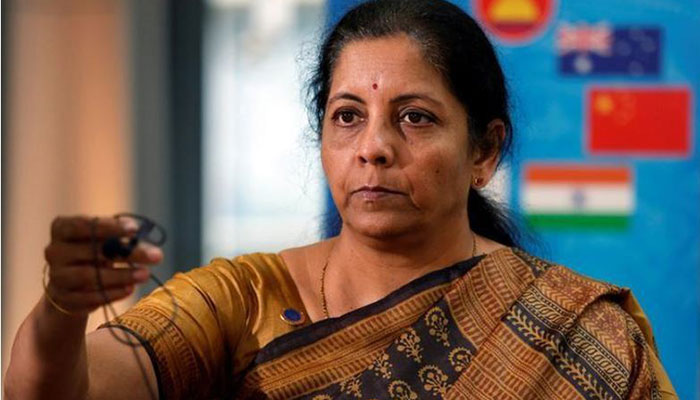
India's Finance Minister Nirmala Sitharaman on Sunday claimed that 2,838 Pakistanis were among the refugees given Indian citizenship in the last six years as she attempted to defend the controversial Citizenship (Amendment) Act, 2019 that has sparked widespread protests in the country, Times of India reported.
"In the last six years, as many as 2838 Pakistani refugees, 914 Afghan refugees, 172 Bangladeshi refugees including Muslims have been given Indian citizenship," Sitharaman, a member of the ruling Bharatiya Janata Party (BJP), is quoted as saying by the publication.
"From 1964 to 2008, more than 4,00,000 Tamils [from Sri Lanka] have been given Indian citizenship," Sitharaman said at 'Programme on Citizenship (Amendment) Act, 2019' in Chennai.
The programme is the Indian government's attempt to gather support for the discriminatory legislation.
Also read: India's protests: why now?
The Indian minister further said that till 2014 some 566 Muslims had migrated to India from Bangladesh and Afghanistan, claiming that the BJP government had granted close to 1,595 citizenships to Pakistani migrants and 391 to Muslims from Afghanistan between 2016-2018.
"It was also during the same period in 2016, that Adnan Sami was given Indian citizenship," said the Indian minister. "This is an example."
The Indian minister further said that the people who had migrated from the region formerly known as East Pakistan (now Bangladesh), are still residing in various camps across India.
"They are still there and it's been 50-60 years now. If you visit these camps, your heart will cry. The situation is the same with Sri Lankan refugees who continue to live in camps. They're barred from getting basic facilities," she said.
India has been rocked by protests against the controversial citizenship law introduced by the Modi-led government at the backend of 2019. For many analysts, the protests have become a major challenge for the Indian government
Also read: Six dead in deadliest day of Indian citizenship law protests
The law, which offers fast-track citizenship to non-Muslim nationals from three neighbouring countries, is the latest policy instituted by Modi's government that critics accuse of marginalising Muslims in the Hindu-majority nation.
During his nearly six years in power, Modi's party has renamed places with Islamic-origin names, rewritten history textbooks to diminish or discredit the role of Muslim leaders, and stripped the Muslim-dominated region of Kashmir of its special autonomy.
Modi has insisted the legislation will have no impact on Indian Muslims, however his party's 2019 election pledge to conduct a nationwide survey to identify illegal immigrants has raised fears among Muslims of becoming stateless, with no fast-track naturalisation option available to them.





